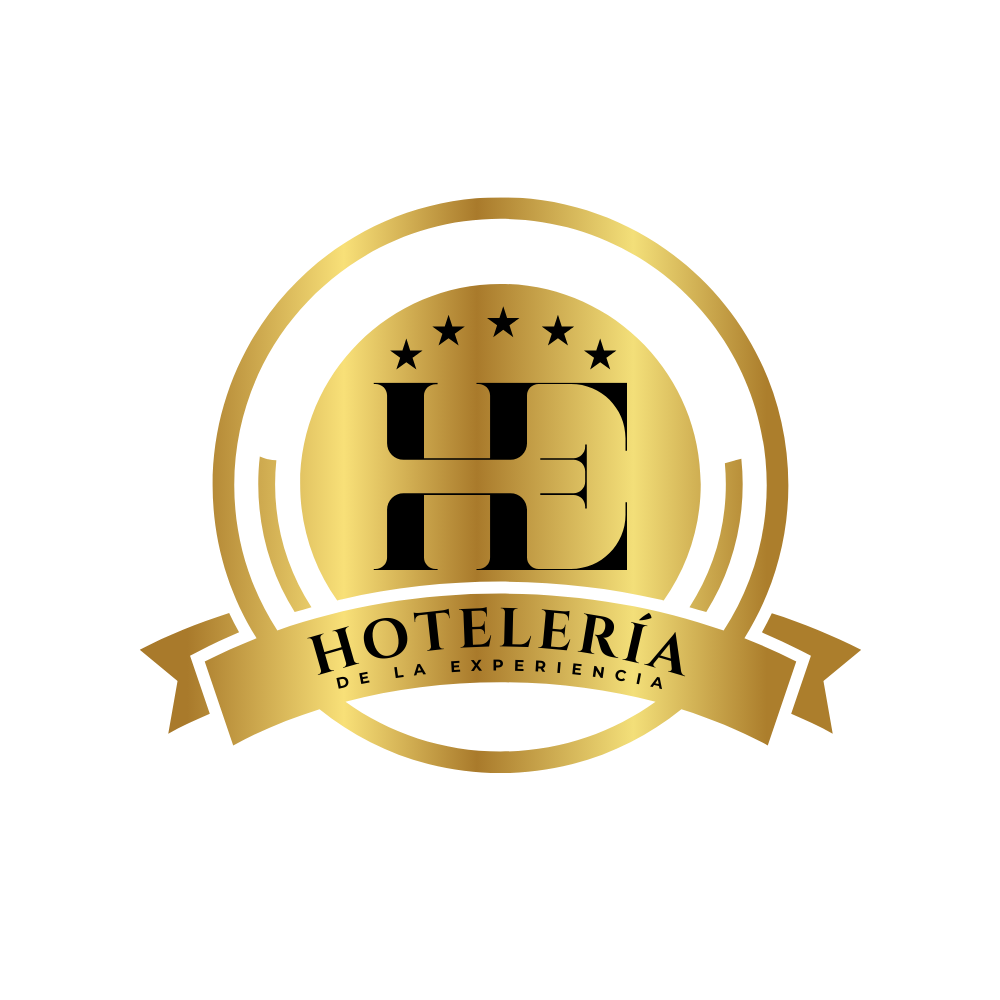Servicio al cliente orientado al diseño de experiencias
Objectives:
1-Sensitize the participants with information vectors of the Neurohospitality to build a basic experiential knowledge to be able to transform the product and service that each worker offers to their clients in an unforgettable experience and conditioning of the client's loyalty to the company.
2-Modulate the care behavior of the participants towards excellence in the service they offer their clients.
3-Promote the personal and professional development of the participants through the incorporation of the knowledge acquired.
4-Increase the added value of the services offered to customers in a company and turn the moment of truth into a differential competitive tool for companies.
Scope:
Aimed at all employees in direct contact with hotel customers. The number of participants is determined by the Hotel.
Duration:
8/9 days distributed in three phases:
1st Phase: Mystery Guest Service
This phase lasts one day, where the areas of experiential opportunity that will be taken to reinforce and personalize subsequent learning are detected. A report is prepared on the experiential opportunity areas detected.
2nd Phase: Theoretical-Practical Learning
This phase lasts for 5 consecutive days divided into two sessions of 3:30 hours (morning session for afternoon shift workers and afternoon session for morning shift workers).
Total hours per session 16 hours.
3rd Phase: This phase lasts two or three days (depending on the number of work teams that participate). The trainer is integrated into the operation of each work team (wearing its uniform) to detect operational experiential opportunity areas and possible knots or barriers that prevent experiential design in each sector.
This phase lasts two or three days (depending on the number of work teams participating). The trainer joins the operation of each work team (wearing the team's uniform) to detect operational experiential opportunity areas and possible knots or barriers that prevent experiential design in each sector. A report is prepared on the experiential opportunity areas detected.
The learning incorporates the luxury service standards contained in AAA, Leading Hotels of the World and Forbes Reccomended plus the standards of the Neurohotel industry.
Modality:
In Company
2nd Phase Learning Modules
1 – REFLEXIÓN SOBRE EL YO HOTELERO.
Space for self-reflection about the intentions, objectives and expectations of working in the Hotel industry. The intelligence of knowing how to be, knowing how to be, knowing how to do and knowing how to achieve as a hotelier.
El contacto con nuestros clientes, la fuente de mayor cambio en nuestros cerebros. ¿Cómo utilizar la ley de la atracción para obtener beneficios como hoteleros? Construyendo nuestra marca personal como hoteleros. Los valores y competencias para trabajar en el servicio al cliente
2 – El CLIENTE ANTES DE SU LLEGADA.
Definition of customer. Definition of luxury service. The customer as an observer. Application of the 1st NLP budget to customer service. The super power of the customer's senses in personalizing service. The hotel product and service as a construction in the customer's mind. Customer sensorialization. Product and service sensorialization. Customer history management.
3 – EL CLIENTE A SU LLEGADA.
Reading the client through the activation of “our personal radar”. The commitment on reading the client. The three fundamental characteristics of servuction or moment of truth with the client. Contact with the client as a development interaction. Neurobiology of the first impression. Biologically active stimuli in the first impression with the client. The attentional salience of our stimuli when meeting the client. The labels in the first impression and its difficulty to change or eliminate them, among others...
4-THE CUSTOMER DURING THEIR STAY
The art of conversation with the client. Building trust through verbal language. The linguistic acts. Designing development conversations with clients. The art of asking. Tips before asking the customer something. Phrases and questions that call the attention of the client's brain. What we should avoid telling the client. Verbal stimuli to avoid when talking to the client. Determinants of an effective conversation. Closing conversations or opening possibilities. The conversational skills of the hotelier, among others…
5-THE CLIENT AS AN EMOTIONAL-COGNITIVE AND BEHAVIORAL BEING
The key question of a hotelier for his client. The customer's ability to feel and adapt to the product and service that is being offered. Reading the real state of the client. Accompaniment of the client to the ideal state of balance . Client's feelings of balance and imbalance. Managing customer needs. The time factor in managing customer needs. Need versus need satisfiers, its influence on the product and service. The management of the pleasure of the client and the hotelier through the product and the service. Anthropology of the smile, among others…. entre otros más..
6-MANAGEMENT OF CUSTOMER DISSATISFACTION (COMPLAIN)
La insatisfacción del cliente como un punto de quiebre. Los puntos de quiebre constitutivos según la cultura. Detección de los disparadores de la insatisfacción. Las emociones involucradas en la insatisfacción. El control cerebral de la ira, enojo o rabia. El secuestro emocional del cliente frente a una insatisfacción. La percepción del tiempo durante el secuestro emocional.Diagrama de flujo de la gestión de la insatisfacción del cliente entre otros más…
7-THE ART OF THE CUSTOMER RELATIONSHIP
Is the customer always right? Customer memories as reference systems. The impact of emotions in the construction of an unforgettable experience. The consolidation of memories. The meaning and value of the relationship with the customer. The emotional intelligence of the hotelier in the success of the relationship with the customer. Creating the emotional profile of the customer. The management of emotions. The hotelier as an emotional reader among others…
This training is certified under the ECO 301 and ECO 217 standards of SEP-CONOCER for Mexico
The learning incorporates the luxury service standards contained in AAA, Leading Hotels of the World and Forbes Reccomended plus the standards of the Neurohotel industry.
